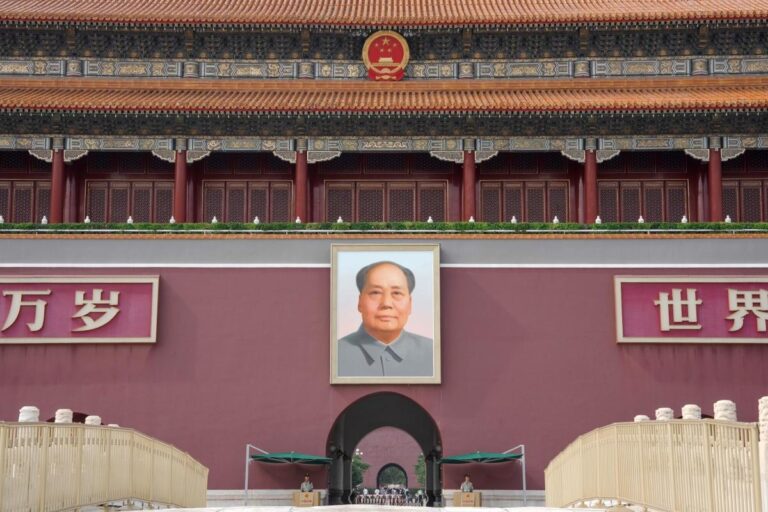(Bloomberg) — China holds its twice-a-decade conference heralding major policy shifts, but this one offered few catalysts for stock investors, dampening hopes of a recovery in the world’s second-largest stock market.
Most read articles on Bloomberg
The so-called Third Plenum left investors with little reason to believe leaders were preparing a big stimulus package to boost demand or halt the real estate slump that is plaguing China’s economy.
Traders expect Chinese stocks to underperform in the near term as they await detailed guidelines and corporate earnings reports in the coming weeks. China’s economic woes and geopolitical tensions arising from the growing likelihood of President Donald Trump’s reelection are seen as the main risks to the market.
“Absent a firm immediate outlook for markets, equity markets are likely to remain volatile and caught in the middle,” Barclays strategists including Mitul Kotecha wrote in a note. “With the threat of a trade war looming as the US election approaches, equity risk premiums are likely to remain elevated, especially in the absence of new fiscal stimulus.”
The MSCI China index fell as much as 1.7% on Friday, its first daily decline this week, while a Hong Kong-listed index of Chinese stocks fell more than 2%, its worst week since January.
Amid the continued weakness, there were signs that the so-called state team was increasing purchases of exchange-traded funds linked to mainland Chinese stocks, extending a recent trend. The onshore CSI300 index erased early losses to close up 0.5%, with an intraday rebound coinciding with increased volume in several ETFs known to be favored by the state team.
Mainland Chinese stocks have outperformed their Hong Kong counterparts this month as trading in these ETFs has picked up.
“The state team has played a very important role in preventing stock prices from falling further and creating a bottom,” said Shen Meng, a director at Beijing-based Chanson & Co. “But it has not been very helpful in sparking a rise in stock prices, which depends heavily on economic recovery, improving corporate earnings and rising incomes for residents.”
President Xi Jinping vowed at the conference to make “high-quality development” a guiding principle for the world’s second-largest economy, a phrase typically used to suggest a push for advanced technologies that could provide a buffer against U.S. trade restrictions.
Officials typically release a more detailed report a few days after the Third Plenum, and specific measures inspired by that report are expected to be announced later this month when China’s 24-member Politburo meets in July to focus on economic issues.
“From a market dynamics perspective, I think the Politburo meeting at the end of July is more important as we expect policymakers to provide more clarity on recent property market measures and further stimulus is likely,” said David Chao, global market strategist at Invesco Asset Management in Singapore.
Market expectations were low heading into the Third Central Committee Plenary Session, with investors eager to get more clarity from the long-term vision of party leaders setting the policy agenda, rather than a cryptic document that offered few new signals.
The meeting comes at a critical time for stock markets, as the policy-led recovery from February lows begins to falter. A bottomless real estate crisis, shaky consumer confidence and geopolitical uncertainty have exacerbated a still-cloudy earnings outlook, sending the MSCI China Index into a technical correction. The index is down about 12% from its May high.
The focus in the coming weeks will also be on the upcoming earnings season, with preliminary reports so far suggesting that a long-awaited revenue recovery has failed to bear fruit and that performance is not expected to improve materially in the second half of 2024.
Citigroup strategists made no major changes to their sector or stock recommendations.
“From a strategic perspective, we continue to favor global-led sectors such as exports and commodity stocks (especially gold) over domestic-oriented consumption and real estate stocks, given that economic weakness is likely to continue into the second half of 2024,” the team, including Pierre Lau, wrote in a note.
–With assistance from Winnie Hsu.
Most read articles on Bloomberg Businessweek
©2024 Bloomberg LP

